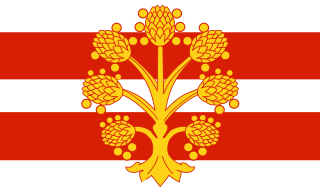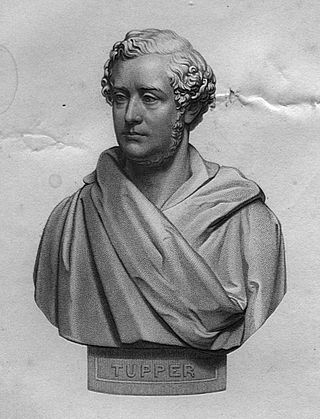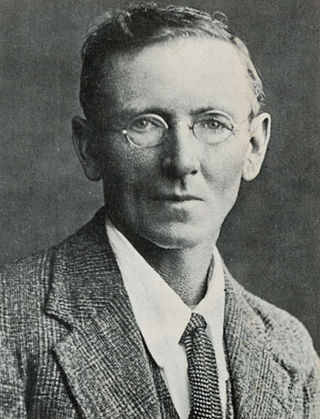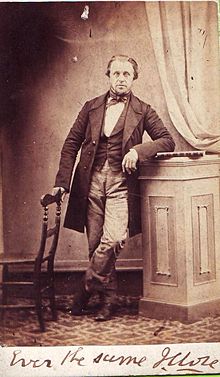
John Edward Masefield was an English poet and writer, and Poet Laureate from 1930 until 1967. Among his best known works are the children's novels The Midnight Folk and The Box of Delights, and the poems The Everlasting Mercy and "Sea-Fever".

William Wordsworth was an English Romantic poet who, with Samuel Taylor Coleridge, helped to launch the Romantic Age in English literature with their joint publication Lyrical Ballads (1798).

Robert Southey was an English poet of the Romantic school, and Poet Laureate from 1813 until his death. Like the other Lake Poets, William Wordsworth and Samuel Taylor Coleridge, Southey began as a radical but became steadily more conservative as he gained respect for Britain and its institutions. Other romantics such as Byron accused him of siding with the establishment for money and status. He is remembered especially for the poem "After Blenheim" and the original version of "Goldilocks and the Three Bears".

William Bliss Carman was a Canadian poet who lived most of his life in the United States, where he achieved international fame. He was acclaimed as Canada's poet laureate during his later years.

Thomas Warton was an English literary historian, critic, and poet. He was appointed Poet Laureate in 1785, following the death of William Whitehead.

Westmorland (, formerly also spelt Westmoreland; is a historic county in North West England spanning the southern Lake District and the northern Dales. It had an administrative function from the 12th century until 1974. Between 1974 and 2023 Westmorland lay within the administrative county of Cumbria. In April 2023, Cumbria County Council will be abolished and replaced with two unitary authorities, one of which, Westmorland and Furness, will cover all of Westmorland, thereby restoring the Westmorland name to a top-tier administrative entity. The people of Westmorland are known as Westmerians.

Allan Ramsay was a Scottish poet, playwright, publisher, librarian, and impresario of early Enlightenment Edinburgh.

Martin Farquhar Tupper was an English writer, and poet, and the author of Proverbial Philosophy.
Norman Cornthwaite Nicholson was an English poet associated with the Cumbrian town of Millom. His poetry is noted for local concerns, straightforward language, and elements of common speech. Although known chiefly for poetry, Nicholson wrote much in other forms: novels, plays, essays, topography and criticism.

John Shaw Neilson was an Australian poet. Slightly built, for most of his life he worked as a labourer, fruit-picking, clearing scrub, navvying and working in quarries, and, after 1928, working as a messenger with the Country Roads Board in Melbourne. Largely untrained and only basically educated, Neilson became known as one of Australia's finest lyric poets, who wrote a great deal about the natural world, and the beauty in it.
Caroline Anne Southey was an English poet and painter. She became the second wife of the poet Robert Southey, a prominent writer at the time.

Edward Capern, was an English poet, best known for The Devonshire Melodist and Wayside Warbles. He built up a strong reputation that persisted particularly in his native Devon.

John Skelton, also known as John Shelton, possibly born in Diss, Norfolk, was an English poet and tutor to King Henry VIII of England. Skelton died in Westminster and was buried in St. Margaret's Church, although no trace of the tomb remains.
Nationality words link to articles with information on the nation's poetry or literature.
Nationality words link to articles with information on the nation's poetry or literature.
Nationality words link to articles with information on the nation's poetry or literature.
Nationality words link to articles with information on the nation's poetry or literature.

Robert Anderson (1770–1833), was an English labouring class poet from Carlisle. He was best known for his ballad-style poems in Cumbrian dialect.

Thomas Jordan was an English poet, playwright and actor, born possibly in London or Eynsham in Oxfordshire about 1612 or 1614.
Harriet Kendall a singer, elocutionist, pianist, poet and composer of ballads, who studied at the Royal Academy of Music.













